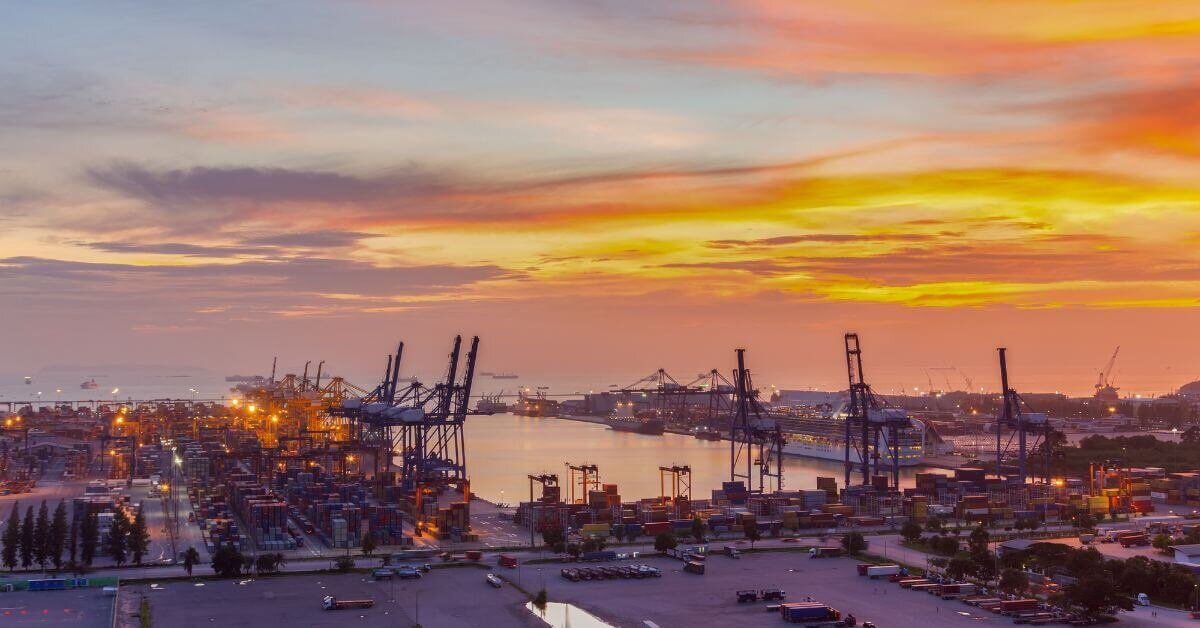Mandates to use green fuels must be accompanied by targeted government support to boost volumes and lower their price, says report
As ship operators grapple with the availability and cost of green fuels, a recently released report questions the business case for sustainable sailing under present policies.
The report from energy consultancy UMAS, UCL Energy and the Global Maritime Forum essentially asks how the various mandates and regulations can be aligned to overcome the commercial challenges presented by the push towards bio and e-fuels.
Currently though, one thing is clear from most recent research: without government support the cost gap is too wide, without huge improvements in the supply and price of sustainable fuels.
In the medium term, operators will have to rely on biofuels and blue ammonia, the volumes of which are slowly increasing, but in the more distant future zero-emissions routes such as the green corridors, now up to 62 in number, will require ample supplies of e-fuels supported by official sources.
“To fully bridge the cost gap, targeted support for e-fuels is needed,” argues UMAS senior consultant, Deniz Aymer, in the report entitled Building a Business Case for Green Shipping Corridors released in January. “But this short-term support will pay future dividends by ensuring that scalable and sustainable fuels are available to the wider industry when needed,” she adds.
That essential financial support could come from IMO in the form of a levy on the industry’s emissions or from hefty government subsidies. Whatever option is chosen though, money must be put on the table. Global Maritime Forum’s director of decarbonization, Jesse Fahnestock, summarised the position: “It’s clear that the scale of [shipping corridors’] impact will depend on policymakers delivering targeted support for e-fuels.”
Biofuels: more harm than good?
Meantime some operators feel they are being left in the dark as the latest regulations rain down on them, such as the EU’s Emissions Trading System, IMO’s new global fuel standard and America’s Inflation Reduction Act.
Also, several powerful shipping groups point out that a reliance on biofuels in the interim will actually end up harming the environment because of the damage involved in their production.
“Without government support the cost gap is too wide”
In a warning fired at IMO in mid-February, Hapag-Lloyd and Louis Dreyfus Armateurs, among other shipping lines, argue that the required volumes of biofuels will lead to the destruction of vast areas of forests and, failing that, the repurposing of as much as 32M hectares for cultivation of the required crops. That, the signatories point out, is roughly the same size as Germany.






